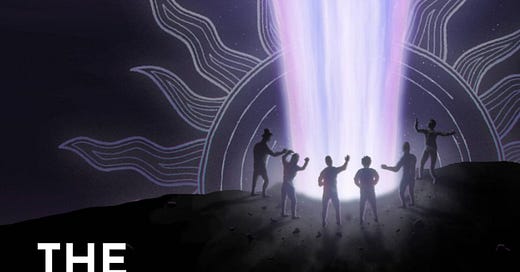Today, I am joined by systems ecologist William E. Rees, who’s had a large and longtime influence in the field of ecological economics. Here he outlines why most of the challenges facing humanity and the biosphere have a common origin - ecological overshoot above a long term carrying capacity. Bill also unpacks “the ecological footprint,” a concept that he co-created, that measures the actual resources used by a given population.
William Rees is a population ecologist, ecological economist, Professor Emeritus and former Director of the University of British Columbia’s School of Community and Regional Planning in Vancouver, Canada. He researches the implications of global ecological trends for the longevity of civilization, with special foci on urban (un)sustainability and cultural/cognitive barriers to rational public policy. Prof Rees is best known as the originator and co-developer with Dr. Mathis Wackernagel of ‘ecological footprint analysis’ (EFA), a quantitative tool that estimates human demands on ecosystems and the extent to which humanity is in ‘ecological overshoot.’
Bill describes his experience as a leading thinker in public policy and planning based on ecological conditions for sustainable socioeconomic development, and the challenges he’s faced working in a system which (so far) rejects such premises. Is it possible for a different way of measuring the system to set different goals of what it means to be successful as a society?
In case you missed it…
Last Friday’s Frankly was an interview with physicist Thomas Murphy where he shared a unique perspective in understanding civilization based on a recent essay he wrote. Tom compares the vast timescale of human life on Earth to an average human lifespan to think about how societies have arrived at this point in time. Can technology redirect civilization from its destructive course? Is optimism naïve or is it necessary in order to make the hard decisions within us?
If you appreciate The Great Simplification podcast…
Be sure to leave a review on your preferred podcast platform! Leaving reviews helps the podcast grow, which helps spread awareness of our systemic situation from experts in ecology, energy, policy, economics, technology, and community building so that we can better understand - and respond to - the challenges of the coming decade.





